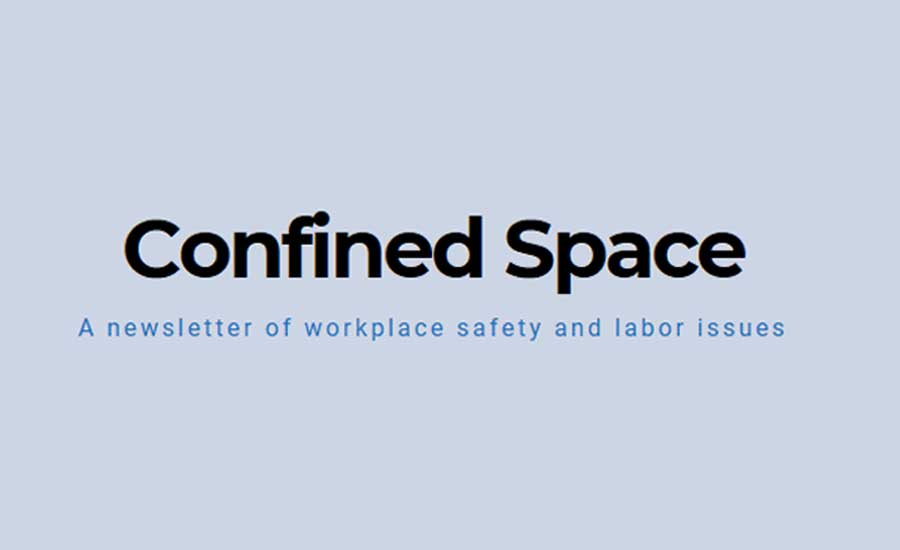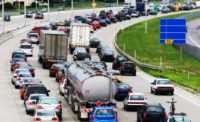A Confined Space blog post
“Safety is our top priority”

Posted with permission from Confined Space, a newsletter of workplace safety and labor issues.
I read a lot of articles about workers getting killed on the job in preventable incidents. They’re always upsetting.
But one of the things that infuriates me most is the all-too-common statement from a company spokesperson that “Safety is our top priority” after a preventable fatality.
Now, I’m not doubting that losing an employee is a devastating experience for any company owner. The remorse is sincere. But if safety was really the company’s “number one priority,” why is the worker dead?
Here for example we have the Oakland-based Shimmick Construction whose employee, Patrick Ricketts was killed earlier this month.
And the spokesperson for Shimmick said in a statement, “Safety is core to everything we do….”
| If safety was really the company’s “number one priority,” why is the worker dead? |
I’m not sure how SFMTA, which didn’t look up Shimick’s record, defines “always,” or how Shimick defines “core,” but it seems that the company has a rather checkered history when it comes to workplace safety according to the San Francisco Examiner:
Of course, neither SFMTA nor Shimick are alone in suddenly discovering that safety is their top priority after a worker dies or gets hurt.
What’s the Problem?
So what’s the problem with claiming that safety is your top priority?
Well, first, it generally isn’t true. Survival of the company, production, profit, image, etc. are often higher priorities. And in our economic system, that makes sense. A company needs to make a profit to survive. But tempering that profit motive is why we have laws and regulations — and enforcement of those laws — to ensure that the quest for higher profits doesn’t result in injury, death, pollution or theft.
Now most business owners don’t actually come out and say that profit is more important than safety. Former Massey Coal owner Don Blankenship was an exception, sending memos to his managers urging them to “run more coal” and not waste their time on safety-related work. Partially based on the evidence contained in those memos, Blankenship, who is attempting to run against Joe Manchin for West Virginia Senator, spent a year in jail related to the deaths of 29 miners who died in an April 2010 explosion at Massey’s Upper Big Branch Mine.
| If you ask the CEOs of companies who take this seriously, my bet is you won’t hear the same old tired line that “safety is a priority.” — Dr. David Michaels |
And then there’s the implication that if safety is really management’s top priority, the fatality or injury must have been because the worker didn’t make safety a priority. Or maybe it was just a “freak accident.”
But the main reason not to claim safety as a top “priority,” is that priorities change depending on what’s happening at the time. True, safety may be a top priority today, but tomorrow there may be other “top” priorities. Just ask Elon Musk.
The fact is that safety shouldn’t just be a priority, it should be integral in the way a company does business.
As former OSHA head David Michaels explained in the Harvard Business Review:
So call me cynical, call me a downer. But I reflexively shudder whenever I hear the words “Safety is our top priority.” Better to just express your sorrow and regret, and recommit yourself to learning the lessons and taking whatever measures are necessary to make sure that your safety system actually ensures that all of your other employees will come home alive and healthy at the end of the shift.
***
Coming next in the series of Things that Drive Me Crazy: Employers who call their employees “team members.”
Click here to visit Confined Space.
Click here to donate to Confined Space.
Looking for a reprint of this article?
From high-res PDFs to custom plaques, order your copy today!






.jpg?t=1721257160)
